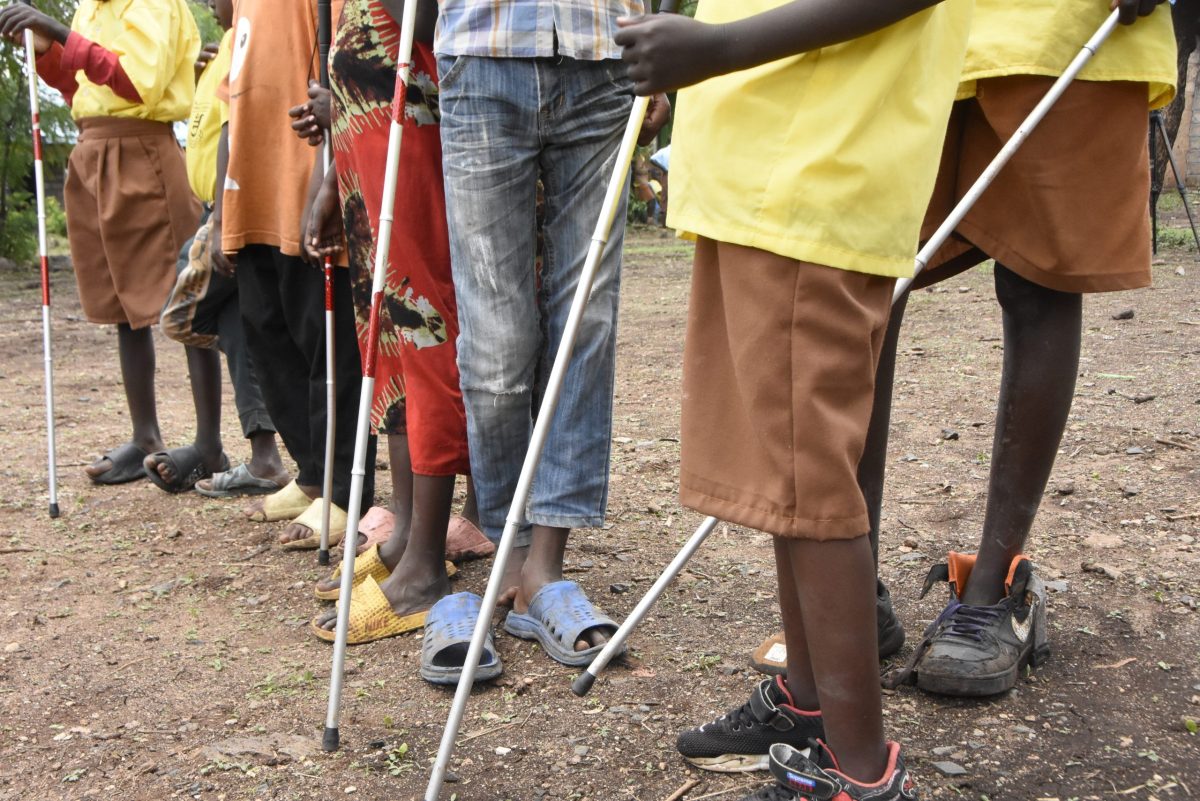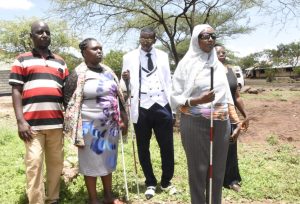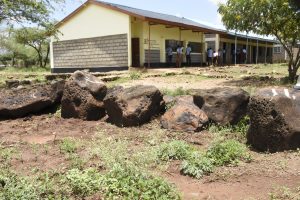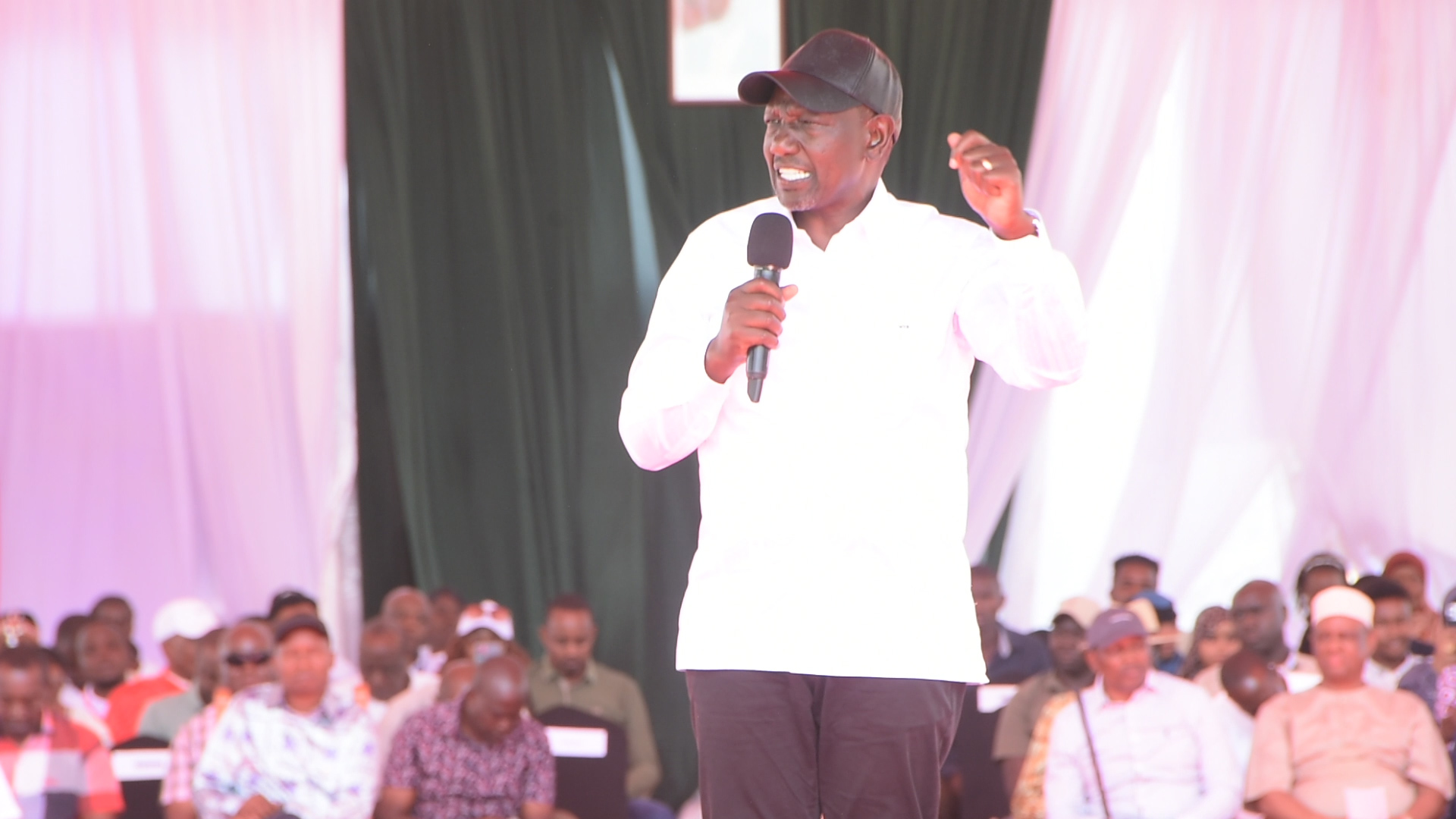Isiolo School for Visually Impaired Learners Calls for Urgent Support

Isiolo Integrated School for Visually Impaired Learners is calling for urgent intervention from the government and well-wishers to address serious challenges affecting the institution.
The school, which serves visually impaired students from Isiolo and Marsabit counties, is struggling with inadequate infrastructure, insufficient learning materials, and a lack of essential accessibility features.

Speaking during a press briefing, the school’s principal, Ms. Rebeca Mwanjiru, expressed deep concern over the school’s poor learning conditions, stating that students face significant mobility difficulties due to the lack of proper landscaping.
“We are in dire need of pathways, accessible toilets, and special beds for our learners. Without these basic facilities, students require constant assistance just to move around,” Mwanjiru explained.
Adding to the challenges, the school lacks enough space in classrooms and is struggling to acquire essential braille books, which are both expensive and scarce.
According to Amina Ibrahim, a teacher at the school, a single braille machine costs between 80,000 and 100,000 Kenyan shillings, making it difficult to provide students with the necessary materials.
“Books under the Competency-Based Curriculum (CBC) are not readily available in braille, meaning teachers often have to manually translate content for students,” Amina stated.
Community Efforts and Unreached Learners
Despite these struggles, organizations like WE CARE, a local community-based organization (CBO), have been stepping in to help. Amos Waqo, the founder of WE CARE, emphasized the need for more support while urging parents not to hide visually impaired children at home.

“Some parents, due to ignorance or stigma, fail to bring their children forward for education. There are cases where visually impaired children can receive medical support to correct their eyesight and live normal lives, yet they remain hidden at home,” Waqo said.
His organization has been working to identify and refer children to the school while also mobilizing well-wishers to assist with resources. Some other well wishers have also been making frequent visits to the school which the principal said was very welcome. Pastoralist peace link, Star of hope, Red cross and individuals who visit the center at their private capacities.
Waqo also noted that the school’s poor landscaping—filled with scattered stones and uneven ground—remains a major hazard for students, making movement difficult.
With limited resources and growing needs, school officials are now appealing to the Ministry of Education, local leaders, and donors to step in and provide financial and material support.
“Education is a right for all children, including those with disabilities. We need the public’s support to ensure these learners get the education and dignity they deserve,” Mwanjiru emphasized.
The school fraternity and local players hope that well-wishers will step forward to help transform it into a safe, inclusive, and conducive learning environment for visually impaired learners.




